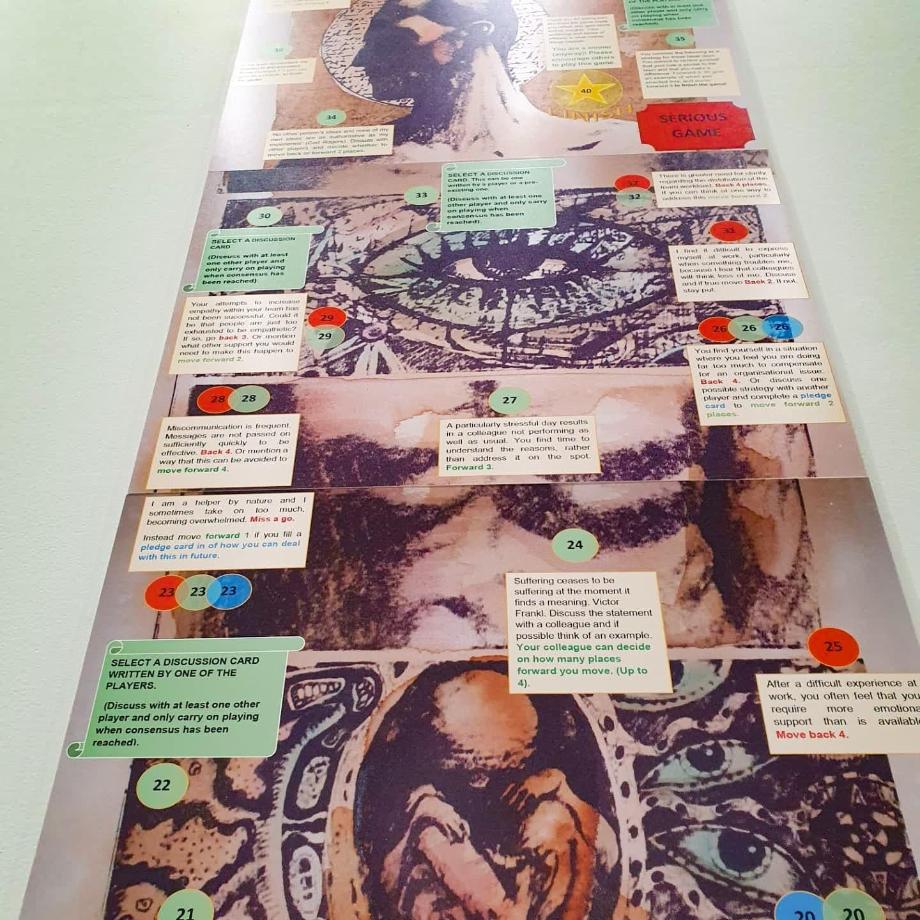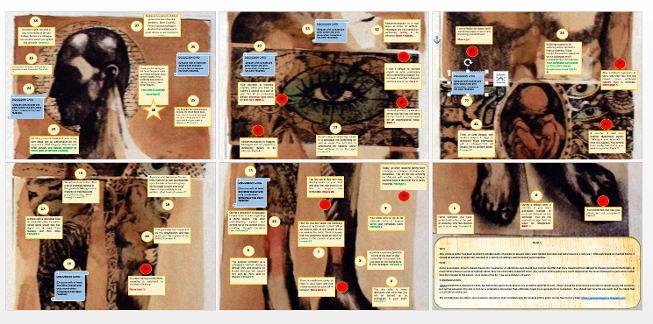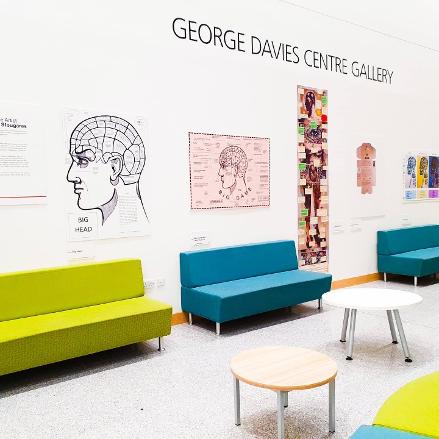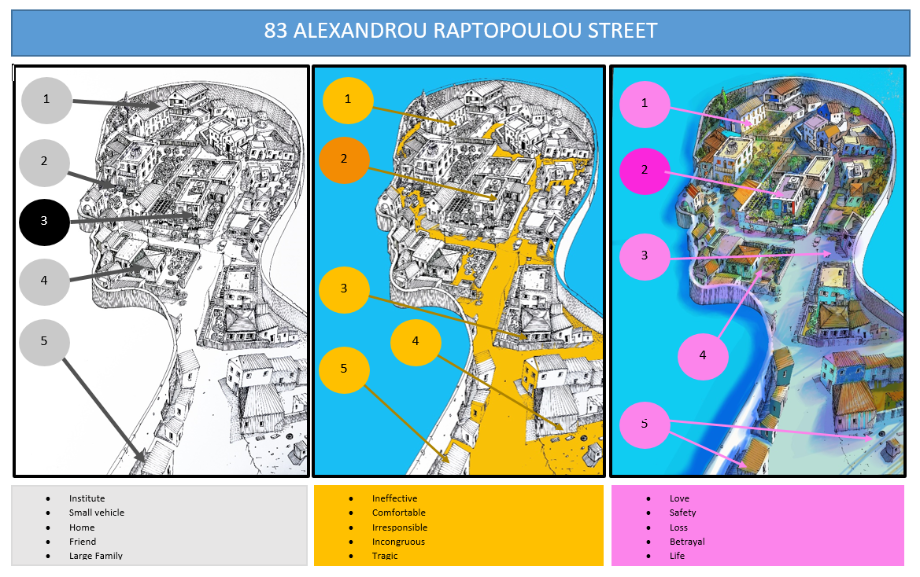Serious Games 2022
A collaboration with Leicester University based on research around working in teams within the NHS



Above: Detail of 'The Serious Game' designed to encourage the collaboration and deconstruction of authority hierarchies within medical teams.
The Background:
I was asked by Nicola Middler the new exhibition organiser to create a number of games for the George Davis Centre at Leicester University.
The approach to create this new work, was the result of some games and ideas based on three prints I made last year for another exhibition staged at the Leicester Print Workshop, inspired by Fluxus https://en.wikipedia.org/wiki/Fluxus
The show came in the middle of my Arts Council funded project Recovered Histories, commissioned by ArtReach. I had intended to create similar work based on memory, but the outcomes came as a surprise. The pieces attempted to challenge perceptions of what is funny/possible/therapeutic, true or manufactured. The sublime and the ridiculous vie for our attention in a political landscape where the two are often indistinguishable and perhaps this work subconsciously mimics those anomalies. You can read more about them here: https://georgesfougaras.blogspot.com/2019/11/three-prints-inspired-by-fluxus-as-part.html
I decided to use one of my large screenprints prints entitled Talisman, as it readily had the qualities I was looking for. An explanation of the symbolism of this print can be found here: https://georgesfougaras.blogspot.com/2016/11/talisman-part-1_21.html
It looks patinated, old and archival and I thought that a game made on such a template would have a 'treasure hunt' feeling about it. (Searching for knowledge within an old manuscript by Aristotle perhaps? ). The gallery below shows some images of these games and the final exhibition. For a detailed analysis of theoretical frameworks used to create the game please see my blog:
https://georgesfougaras.blogspot.com/2020/03/a-collaborative-game-based-on-concepts.html

Above: Open ended discussion game comparing real objects and circumstances with feelings. The accompanying text discussed how Dementia strips away prior knowledge but retains elements of emotions and the self. This is a rather atypical description of the illness, focusing on the fact that feelings last longer than memories.